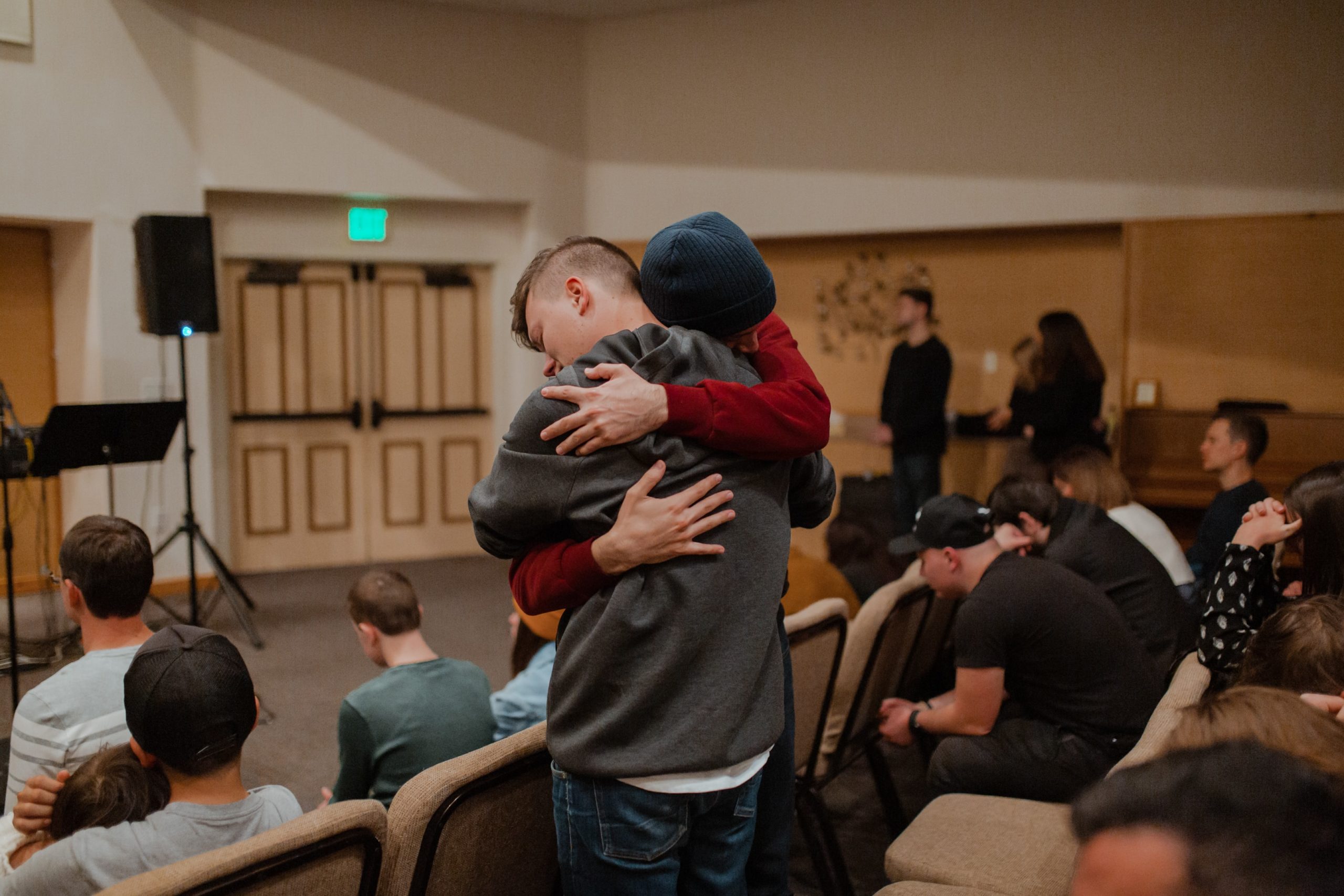Over the past year, churches across the globe have had to adapt or completely create a new way of doing local church meetings. Christians have had to develop a newfound love for Zoom and YouTube as the pandemic forced (necessary) restrictions. While church being online does have some benefits such as wider reach, greater accessibility, and adaptable service times; there are also some hindrances: reduced accountability, decreased attention, and diminished relationships. In the UK, the government has rightfully agreed that churches are amongst the institutions that are essential for people during this pandemic. While some churches are unable to meet, some who could meet, choose not to meet, This begs the question why? Has the pandemic changed how we feel about church or has it merely exposed how we always viewed church?
The Danger of Pragmatism
For many decades different leaders have warned against the dangers of pragmatism. Pragmatism is the philosophical idea that the ends justify the means; that the validity or truthfulness of an idea is verified by its consequences. Whilst pragmatism is not inherently evil in and of itself, it can lead to compromise when pragmatism comes into contradiction with what the Bible declares. The temptation arises, particularly when concerning local church gathering, which is that if it works it is okay.
I have engaged in and heard the various reasons why there is no difference between online and physical assembly. One of the main reasons that I hear is that the different components of a church service i.e. liturgy and sacraments can be replicated online. Unfortunately, this line of thinking misses the mark as to why we have these various components of a church service. When we gather at church, we are not just doing some religious activity, we are being a people purchased by the blood of Jesus, bound by covenantal promise (Ephesians 2:11-22). It is not just about doing praise and worship but doing it together. It is not just about taking part in communion but doing it together. We miss out on the command to admonish one another with spiritual hymns and the word of God (Ephesians 5:18-21; Colossians 3:16) when we reduce local church assembly as a place we go to complete religious stuff.
Say No To Transactional Relationships
When we succumb to the sin that pragmatism can produce, we can be seduced into thinking that our relationships, specifically those fostered in church, are transactional. We start to think “why do I need to meet up with my elder for accountability when we can talk over WhatsApp” or “Do I need to go to church to sing praise and worship? I can sing at home”. Do you realise the problem? The issue here is that we have reduced all interaction to “what’s in it for me”.
This position is antithetical to the ethic that ought to govern all our lives – love your neighbour as yourself (Galatians 5:14). When we live this way, our question will change from “what’s in it for me” to “how can I serve them”. We will no longer see the church as a spiritual activity to tick off our religious list, but as the body that Jesus died for. The “each other” commands that are given in scripture cannot be done online or over the phone; they require physical intimacy. We were not made to be alone (Genesis 2:18) and God’s wisdom has sovereignly given you your local church to remind us of this.

Let us persevere together
It has been a difficult year for us all. Some of us have not seen family or friends for months, others have suffered great loss in a variety of areas. We do not need less interaction, but we also do not need any kind of interaction. We need people that will remind us to long for the appearing of Jesus (Hebrews 10:25). With so many great challenges that we face our souls may be in a precarious position, thank God for pastors who are entrusted to help watch over our souls (Hebrews 13:17). They are better able to do this when they can see you.
Pastors your flock is weary and understandably so. Remind us why we gather and why it is important that we meet often and physically. Remind us of the church’s long history of gathering and the impact it has had. Remind us that in a seemingly hopeless situation that we have an abiding hope (Titus 2:13). It is my prayer that we are soon able to meet in person with no restrictions and that God would remind us why there is nothing like meeting together physically.